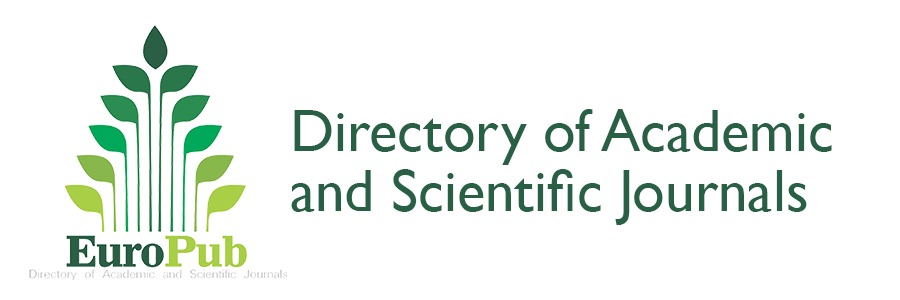Impacts of Pre-Operative Fasting on Patient’s Anxiety, Intraoperative Hemodynamic Changes, Emergence Factors, and Post-Operative Complications in Elective Surgical Patients
DOI:
https://doi.org/10.62746/njlhs.v4n1.76Keywords:
Preoperative fasting, Anxiety, Hemodynamics, Aspiration, PONV, Hospital stay, Elective surgeryAbstract
Background: Preoperative fasting is crucial to avoid the risk of pulmonary aspiration during surgeries. The traditional practice of prolonged preoperative fasting remains constant and is associated with various adverse outcomes in surgical patients. The purpose of the study is to evaluate the impacts of preoperative fasting durations on preoperative anxiety, intraoperative hemodynamic changes, emergence factors, and postoperative complications in elective surgical patients.
Method: This six-month Descriptive Cross-sectional study was conducted at Saidu Group of Teaching Hospital (SGTH), Swat. 150 participants,aged 15 to 45 years, fulfilling the ASA-I and II physical status criteria and scheduled for elective surgical procedure were recruited in the study. Data was collected in patients’ interviews in the preoperative period, through intraoperative monitoring, and in the postoperative period using a pre designed data collection sheet. Data was analyzed using SPSS software.
Result: Most of the patients were found to have fasted from midnight with a mean fasting duration of 10.11±2.4 hours, with 61 (40.7%) patients fasting for 6-8 h and 89 (59.3%) patients fasting for >8 h. Our study found that patients with extended fasting (>8 h) experienced more anxiety (p < 0.001), had elevated intraoperative Heart Rate (HR) (p = 0.005), and were more prone to Postoperative Nausea and Vomiting (PONV) (p = 0.04) compared to those with standard fasting (6-8 h).
Conclusion: This study found that extended preoperative fasting significantly increases the risk of preoperative anxiety and PONV, and leads to fluctuations in intraoperative HR.
Downloads
Downloads
Published
Issue
Section
License
Copyright (c) 2025 Open Access

This work is licensed under a Creative Commons Attribution-NonCommercial 4.0 International License.
Open Access


























